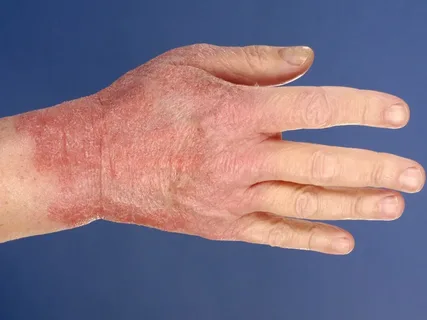In recent years, the opioid crisis has become a significant public health concern in the United States. Opioid addiction has led to countless lives being affected by the devastating consequences of substance abuse. Fortunately, there is hope in the form of Opioid Treatment Programs (OTPs). In this article, we will delve into the details of OTPs, how they work, and their vital role in combating opioid addiction.
Understanding the Opioid Epidemic
The Rise of Opioid Addiction
The opioid epidemic refers to the alarming increase in opioid-related deaths and addiction cases in the United States. Understanding the factors that contributed to this crisis is essential to comprehending the need for opioid treatment program.
The Role of Prescription Opioids
Prescription opioids, such as OxyContin and Vicodin, played a significant role in the initial stages of the opioid epidemic. These medications were often overprescribed, leading to widespread addiction.
What Are Opioid Treatment Programs?
Definition and Purpose
Opioid Treatment Programs, also known as OTPs or methadone clinics, are specialized centers that provide comprehensive treatment for individuals struggling with opioid addiction. They are designed to address the physical, psychological, and social aspects of addiction.
Medication-Assisted Treatment
One of the primary components of OTPs is Medication-Assisted Treatment (MAT). MAT involves the use of medications like methadone and buprenorphine to reduce opioid cravings and withdrawal symptoms.
Counseling and Therapy
In addition to medication, OTPs offer counseling and therapy services. These sessions help individuals address the root causes of their addiction and develop coping strategies for a drug-free life.
The Process of Opioid Treatment
Admission and Assessment
Individuals seeking help from an OTP first undergo an admission process. During this stage, their medical history and addiction severity are assessed to determine the most suitable treatment plan.
Medication Management
Once admitted, patients receive the appropriate medication as part of their MAT. Medication is administered under strict supervision to ensure safety and effectiveness.
Counseling and Support
Counseling and therapy sessions are an integral part of the treatment process. These sessions can be individual or group-based and help patients work through their addiction-related challenges.
Benefits of Opioid Treatment Programs
Reduced Risk of Overdose
One of the most significant benefits of OTPs is the substantial reduction in the risk of opioid overdose. MAT medications help stabilize individuals and reduce their urge to use dangerous street drugs.
Improved Quality of Life
With the right treatment, individuals in OTPs can regain control over their lives. They can rebuild relationships, secure employment, and enjoy an improved overall quality of life.
Long-Term Recovery
OTPs focus on long-term recovery, not just short-term solutions. They offer ongoing support to help individuals maintain their sobriety even after completing the program.
Common Myths and Misconceptions
OTPs Replace One Addiction with Another
One common misconception is that OTPs replace one addiction with another. In reality, MAT medications are carefully administered to minimize the risk of addiction while addressing cravings.
Treatment Is Ineffective
Some believe that OTPs are ineffective in treating opioid addiction. However, research has consistently shown that a combination of medication and therapy significantly improves recovery outcomes.
In the battle against the opioid epidemic, Opioid Treatment Programs stand as a beacon of hope. They provide a holistic approach to addiction treatment, addressing the physical, psychological, and social aspects of opioid dependence. Through Medication-Assisted Treatment, counseling, and support, individuals have a chance to regain control of their lives and achieve long-term recovery.





